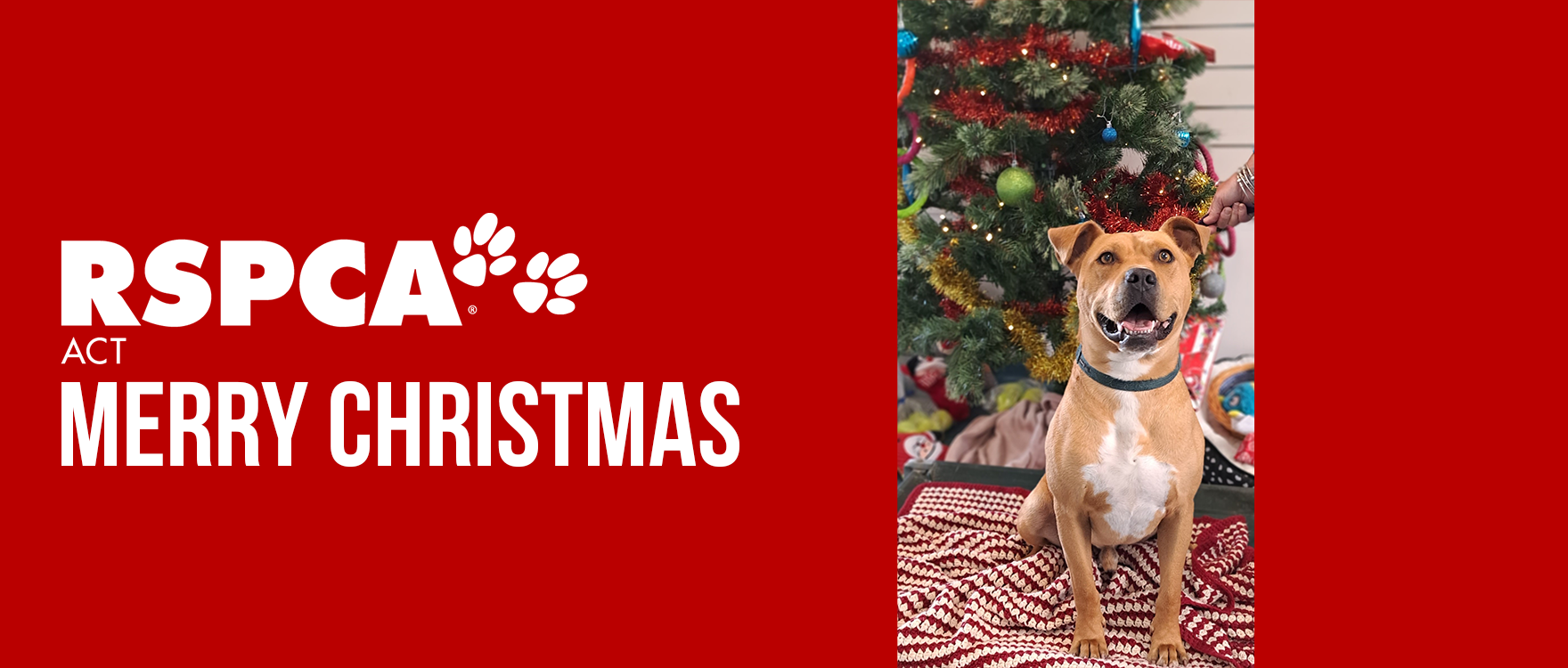Its holiday time (nearly!). The festive season is traditionally full of gatherings at home and trips away. For many of us, our pets will be included in the happenings and holidays. But there are some risks involved. This is the third and final article in a series looking at common holiday hazards for pets. It identifies some potential pitfalls in amongst all the merriment, and features some top tips to keep your furry friends safe and well this festive season.
Hazard #1: Escaping and lost pets
The problem: With visitors coming and going from gatherings at home, and families travelling for the holidays, the festive season is a high-risk time for animals to escape or get lost.
Top tips: Make sure your pet has an ID tag or collar with up-to-date phone numbers. All pets should be microchipped as well. It is advisable to check and update your contact details regularly, but particularly before travelling. It is important to note that there are a number of different microchip registries so you might need to check at http://www.petaddress.com.au/ to find out which one(s) hold your pet’s contact details. Links for the local government registries are:
ACT dog register: https://form.act.gov.au/smartforms/servlet/SmartForm.html?formCode=1562
ACT cat register: https://form.act.gov.au/smartforms/servlet/SmartForm.html?formCode=1625
NSW companion animal register: https://www.petregistry.nsw.gov.au/#/
Hazard #2: Fireworks and thunderstorms
The problem: For animals with noise phobias, summer storms and New Year’s Eve parties are highly stressful. If they panic, they may try to escape, injure themselves, or damage your property.
Top tips: If you know or suspect your pet has a noise phobia, then talk to your regular vet. They can help with behavioural advice, training tips and medication to help your pet stay calm. Securing your pet in a safe, sound-resistant room is also advisable if you have concerns.
Hazard #3: Venomous creatures (snakes, paralysis ticks, jellyfish and the like)
The problem: With summer comes increased snake activity, and with holidays come trips to the coast. This means an increased risk of your pet having an unfortunate encounter with a venomous creature and needing veterinary treatment.
Top tips: Make sure your pet is up to date with a quality tick preventative. This is particularly important at the current time due to a shortage of tick anti-serum (the medication used to treat tick paralysis). Talk to your vet if you are unsure what product will be best for your pet. Other things you can do include avoiding walking in areas with long grass, and making sure you are supervising your pet whenever they are outside or on the beach.
Hazard #4: A lack of attention
The problem: Christmas is a busy time for pretty much everyone. Normal routines are disrupted, everyone is distracted, and there is a lot going on. This means you might miss noting some early signs of ill health in your pet that you would normally pick up on. Which means they might not get the treatment they need as fast as they should.
Top tips: Slow down and enjoy some time with your furry friends. You’ll feel better for it, and you’ll have a better chance of spotting any subtle changes in behaviour that indicate a problem brewing.
Hope these tips help you and your pets enjoy a safe and happy holiday season! Merry Christmas!
Disclaimer: The information and advice in this post is general in nature. It is not intended as a substitute for tailored health care advice from your regular veterinarian.

